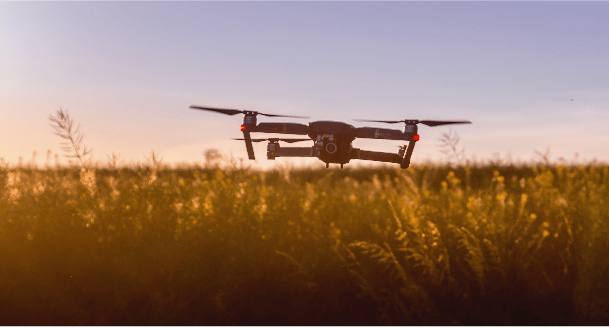
The Senate vote will move the Act on to be signed by President Trump. After years of short-term extensions to FAA funding, the package will bring much needed stability to the agency and provide – like it or loathe it – clear direction on some issues for the drone industry.
The package covers a lot of ground. There are provisions for the size of airplane seats (cheers to that), improvements to infrastructure, security measures, and a few seemingly random items totally unrelated to the FAA. For the drone industry, the new FAA Reauthorization Act repeals Section 336 protections for recreational pilots, and will require recreational drone operators to take an aeronautical knowledge test and register their aircraft. There are new requirements for tracking and ID, privacy reporting, and enforcement. The “Preventing Emerging Threats Act” is also embedded in H.R. 302. Unmanned Traffic Management and drone integration into the NAS are addressed directly.
The Act was criticized by the AMA and other recreational pilot advocacy groups, and praised by some manufacturers and representatives of the commercial drone industry. After the Act was passed today, several organizations in the aerospace industry raced to issue commendations of the passage. The criticisms will appear shortly, no doubt.
Like it or not, the passage of the Act does at least define some parameters for the industry moving forward, allowing the industry to develop technology with less fear that products will not meet regulatory requirements. And the FAA may be able to focus on getting the job done, rather than having to provide still more testimony and worrying about yet another extension to pay salaries.

Miriam McNabb is the Editor-in-Chief of DRONELIFE and CEO of JobForDrones, a professional drone services marketplace, and a fascinated observer of the emerging drone industry and the regulatory environment for drones. Miriam has penned over 3,000 articles focused on the commercial drone space and is an international speaker and recognized figure in the industry. Miriam has a degree from the University of Chicago and over 20 years of experience in high tech sales and marketing for new technologies.
For drone industry consulting or writing, Email Miriam.
TWITTER:@spaldingbarker
Subscribe to DroneLife here.
